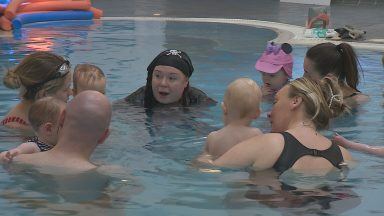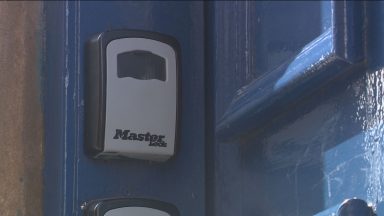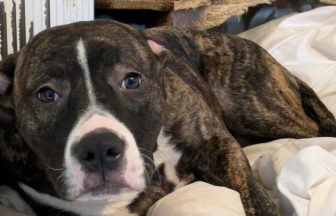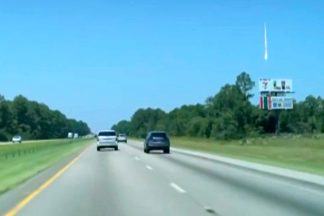A woman whose cat had been missing for four months described how “heartache” changed to disbelief when she learned her beloved pet had been found in Inverness – more than 300 miles away.
Sophie Carty, 25, was “devastated” when her cat Luna disappeared from their home in November 2024, and spent weeks searching and calling her name, fearing the worst as heavy snows and storms hit the country.
In March, however, she received a call to say Luna was alive, and had been found locked in a shed at an Inverness hotel.
She had been taken to a local vet where her microchip, which had been registered with the Petlog lost-and-found database and contained her owner’s contact details, was scanned.
Ms Carty, from Darlington, described her shock at hearing the news, and said: “After four months of heartache, I received a call from Highland Vet Referrals saying Luna had been brought into the surgery, and she was alive and doing well, despite being very thin.
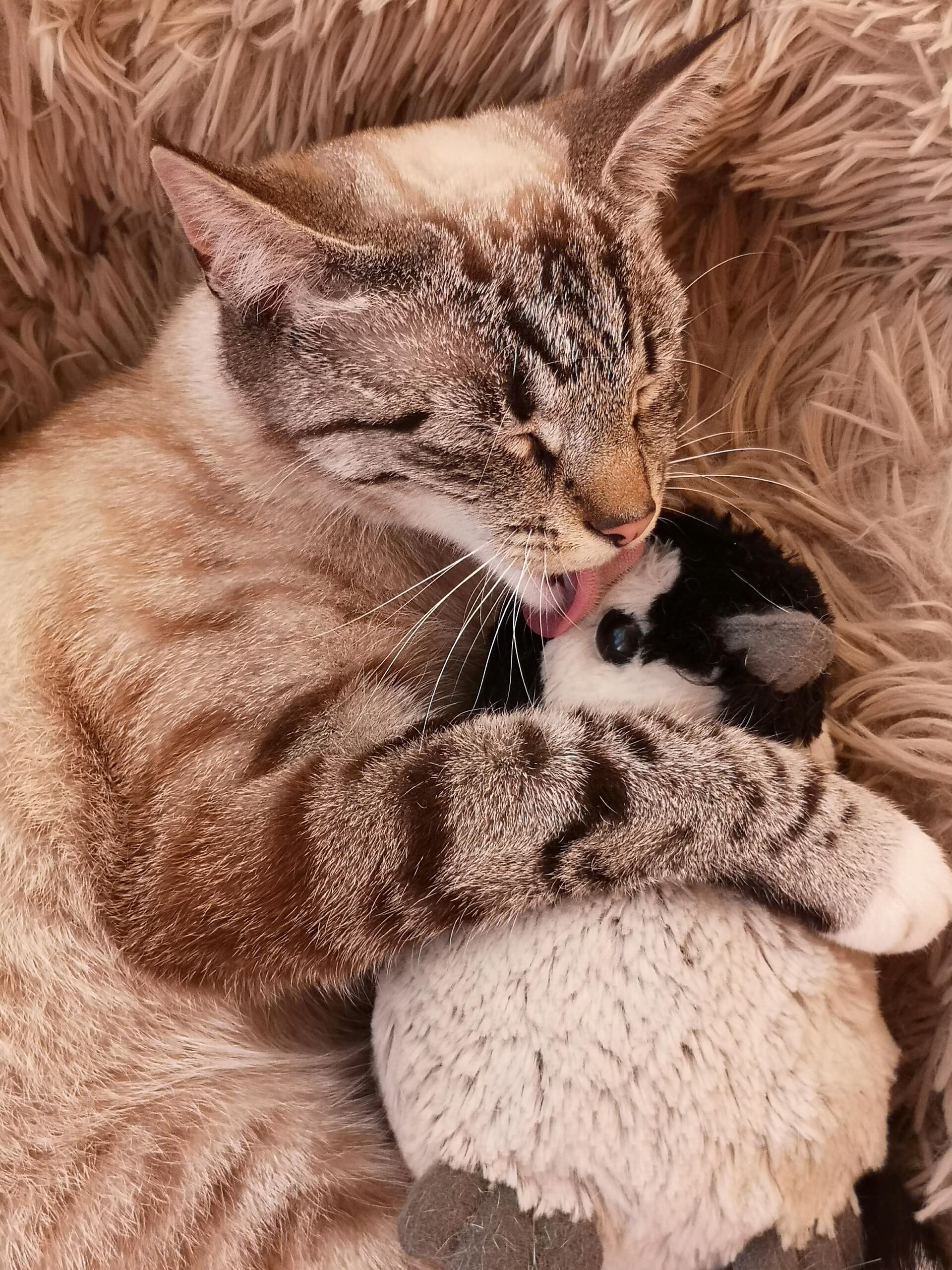 Sophie Carty
Sophie Carty“I was inconsolable and asked where she was, that’s when the vet told me she was in Inverness in Scotland.
“I couldn’t believe it, that was around a six-hour drive from where Luna went missing. We travelled the long journey to collect her and brought her home.”
Luna was in a “fragile” state when she returned, and was suffering from malnourishment, an infection and suspected nerve damage.
“On her first couple of nights home, Luna was in a very bad way, very tired and looked to be paralysed on her back end,” Ms Carty said.
“However, after a trip to the vets, antibiotics and painkillers, she is like a new cat.
“She is up and moving (with assistance) and is happy to be home with us. She’s getting loads of cuddles and attention, which she isn’t complaining about.”
She added that she had “no clue” how her pet had been able to travel all the way to Inverness.
“We had theories of her hopping in a caravan or delivery van or the theory that she was stolen and was found to have been spayed then thrown out,” she said.
“But I like to think she just fancied a little Highland holiday. We may never know how she managed to end up there, if only they could speak.”
Ms Carty appealed to other pet owners to make sure their pets are microchipped, and that their details are up to date.
“It is so easy for cats to go walkabout, be picked up, or hop in the back of a van and travel miles,” she said.
“If it wasn’t for her microchip, we would have never seen her again. Please make sure your details are up to date, because you never know when your cat might hitch a lift to visit Loch Ness.”
A Petlog company spokesperson said they were “thrilled” Ms Carty and Luna had been reunited, and said the story showed the importance of getting pets microchipped.
“Luna’s story is an incredible example of why microchipping is so important. If the worst does happen, a microchip gives pets the best chance of being reunited with their families,” they said.
“We urge all owners to ensure their pets are chipped and their details are kept up to date on a database like Petlog.”
Pet microchipping involves a chip the size of a grain of rice being placed under the skin at the back of the animal’s neck.
It links pets to their owners’ contact details, held on databases such as Petlog, allowing vets, local authorities, and animal charities to scan the chip and match it to the owner.
Since June 2024, all pet cats in England are required by law to be microchipped before they are 20 weeks old, with their owners’ contact details stored and kept up to date with a pet microchipping database.
Follow STV News on WhatsApp
Scan the QR code on your mobile device for all the latest news from around the country


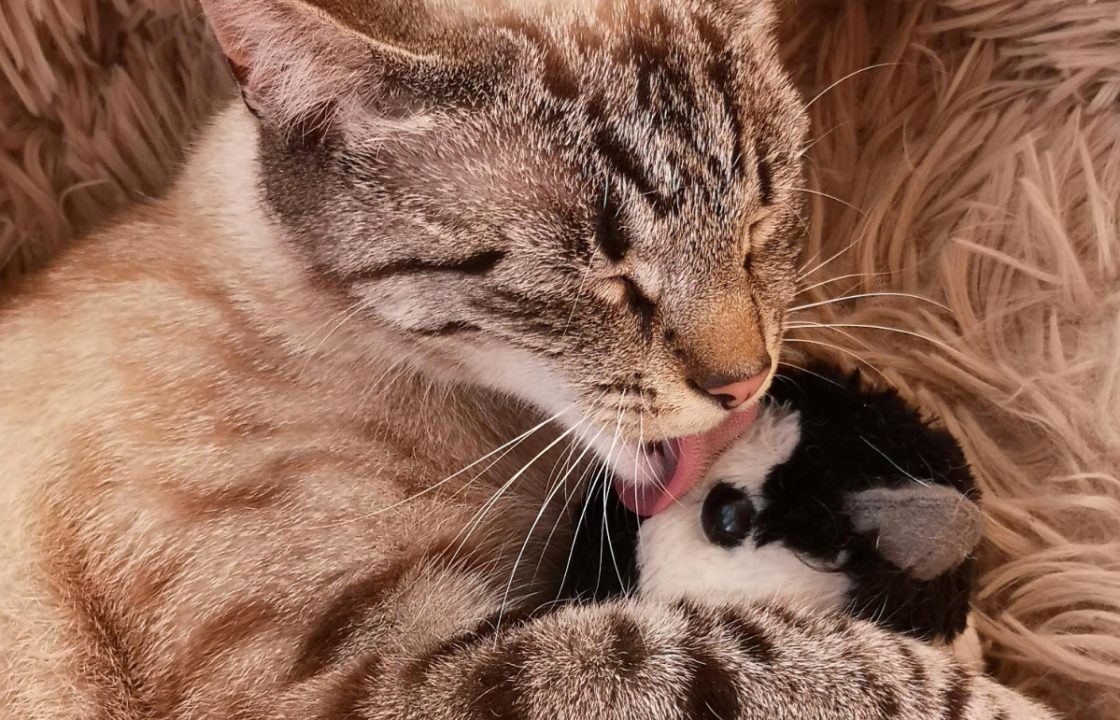 Sophie Carty
Sophie Carty










